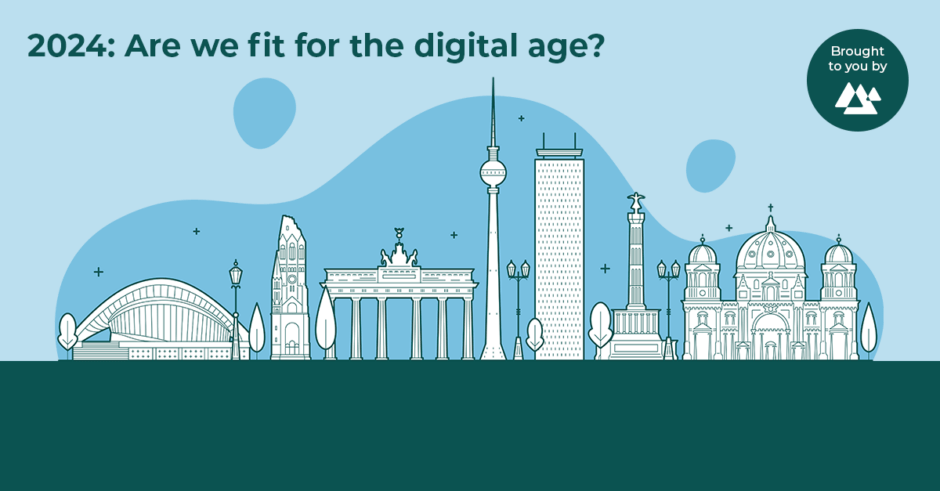In our final ERUPT roundtable of the year, we brought together a group of board-level executives for a fascinating discussion all around ‘2024: Are we fit for the digital age?’
Bringing together 30 C-Suite leaders for this attendee-led discussion covered a variety of discussions, which were hosted by Tom Walsh (Senior Manager at Annapurna) and Florian Felsenreich (Associate Director at Annapurna) across 2 tables.
The main points coming out of the conversation are the below:
Embracing the digital age requires a proactive approach to adaptation and innovation
Organisations must continuously assess the evolving digital landscape and adapt their products, services, and processes to meet the changing needs of customers and stay ahead of the competition. There was an obvious discussion around the role of AI and how leaders can equip their employees with the best infrastructure and mindset to reap the benefits. This may involve introducing new technologies, streamlining operations, and enhancing customer experiences.
Prioritizing skills development is crucial for ensuring a workforce equipped for the future.
Organizations need to identify the skills that will be most valuable in the coming years and invest in training and development programs to equip their employees with those skills. This may involve upskilling existing talent or acquiring new talent with the required competencies.
Establishing a strong and supportive workplace culture
Ensuring your culture is defined and continuously being evolved is essential for attracting and retaining top talent.
There were discussions about how many organisations had to, unfortunately, undertake some layoffs throughout 2023 due to the economic climate. The importance of effective communications was enhanced during this period as some organisations highlighted that a perceived lack of empathy, a shortage of preparation, and engagement of senior leaders may have contributed to the process being tainted more than it should have.
A positive and engaging work environment fosters creativity, innovation, and employee well-being, which are all critical for success in the digital age. Leaders should actively promote a culture of collaboration, communication, and recognition to motivate and empower their teams.
We must ensure we are “building a good product (or service), that makes the customer happy and earns us money”. At the heart, that should be what all organisations should be aspiring for as they look to 2024 and beyond.



